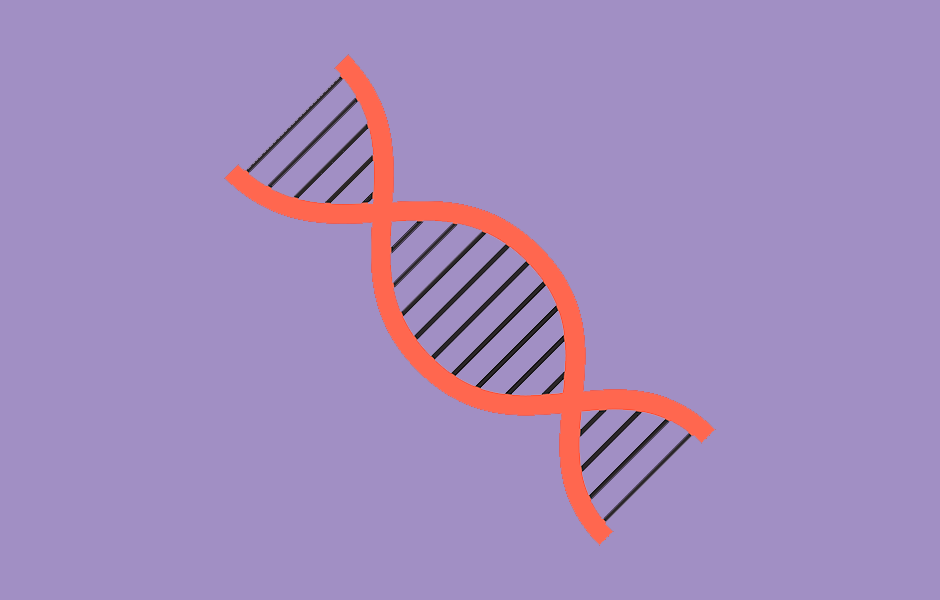Words by Jade Williams
Pfizer’s new gene therapy for haemophilia A has been found to significantly reduce the number of annual bleeding events in patients with the disorder – outperforming the current standard of treatment.
The results from the late-stage study could launch Pfizer into the haemophilia A space alongside BioMarin, who’s one-time treatment is currently priced in the US at $2.9m after its approval in 2023.
Data from the study found that 84% of patients that received Pfizer’s gene therapy saw the clotting protein Factor VIII improve to levels above 5% at 15 months post-infusion.
“We are very pleased with these positive results from the Phase 3 AFFINE study demonstrating the safety and efficacy of our one-time gene therapy candidate for people with hemophilia A,” said James Rusnak, Senior Vice President, Pfizer.
“We look forward to advancing this latest innovation to help address the medical and treatment burden associated with frequent and time-consuming IV infusions or injections, building on Pfizer’s more than 40-year effort to advance hemophilia treatment.”
Pfizer already gained approval from the US FDA in April this year for its one-time gene therapy for haemophilia B. This recent data could set the company up for its second haemophilia-targeted gene therapy to reach market.
Haemophilia A affects roughly 25 in every 100,000 male births worldwide, so introducing an additional, and potentially improved, therapeutic to the market would prove a welcome asset for the industry.









